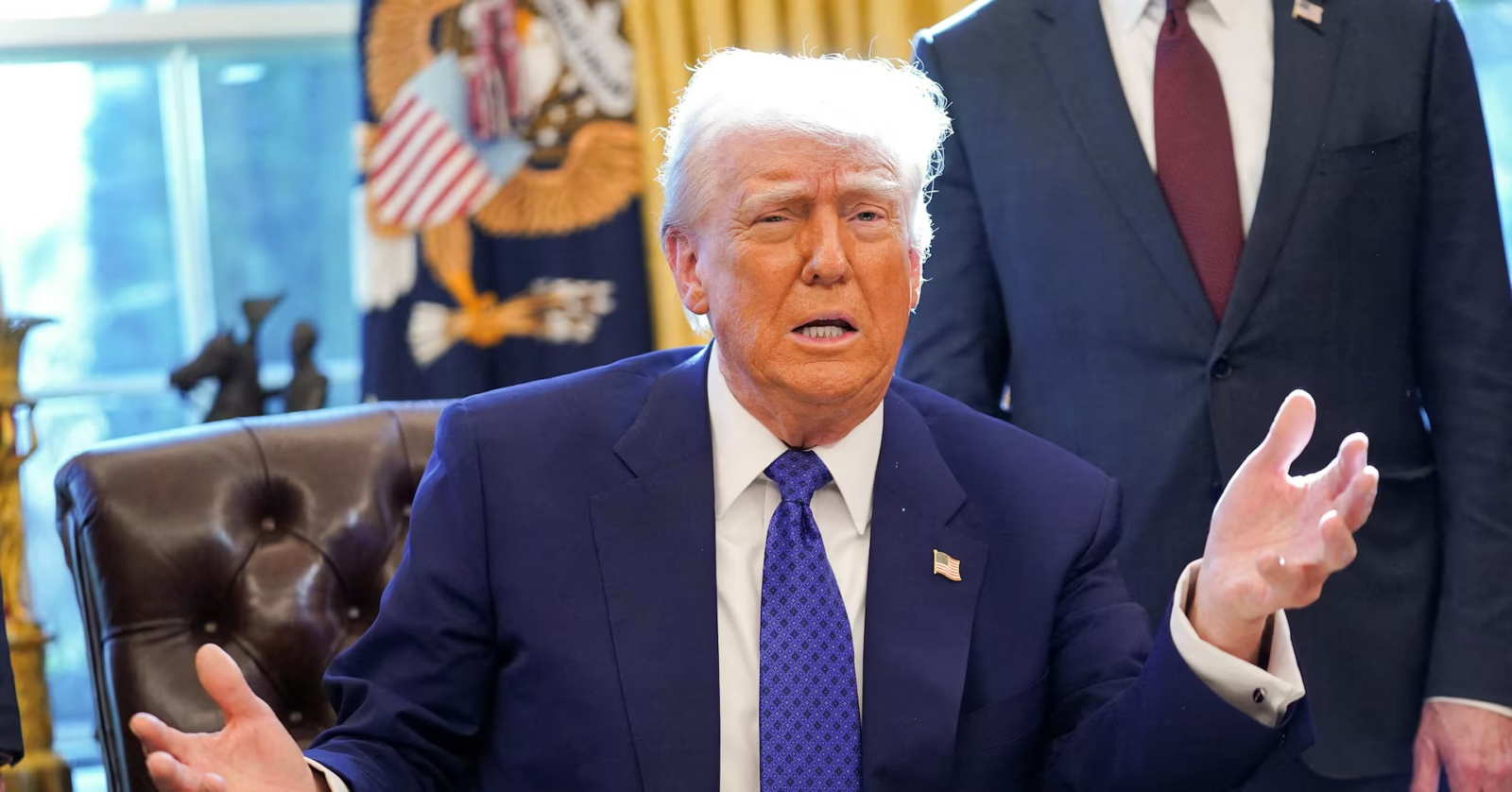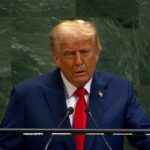In a major diplomatic development, US President Donald Trump has reportedly presented a comprehensive 21-point peace plan aimed at permanently ending Israel’s military offensive in Gaza, according to a report by Middle East Eye, citing details from the Financial Times. The plan was discussed earlier this week during a closed-door meeting with several Muslim leaders on the sidelines of the United Nations General Assembly in New York.
According to the report, the proposal outlines a multi-step roadmap designed to halt the conflict and establish long-term stability in the Gaza Strip. Key components include an immediate and permanent ceasefire, the deployment of an international stabilisation force, and a guarantee against the forced displacement of Palestinians — a concern that has gained international attention amid Israel’s ongoing operations in the enclave.
One of the most striking aspects of the plan is that it abandons the previously floated “Gaza Riviera” proposal, a controversial concept that had suggested turning postwar Gaza into a commercially redeveloped zone, attracting foreign investment and tourism. Critics of that idea had called it an attempt to whitewash the destruction of Gaza under the guise of economic opportunity, with little input from Palestinians themselves.
Instead, Trump’s current proposal reportedly builds on the earlier ceasefire framework presented by US envoy Steve Witkoff, but with significant additions. Most notably, it calls for the release of all hostages at once, rather than in phases — a demand that may appeal to both Israel and international mediators seeking a comprehensive resolution.
As part of the phased security transition, the plan suggests that Israeli forces withdraw to positions held during the two-month ceasefire observed between January and March 2025. Following this initial repositioning, a complete Israeli withdrawal would take place once the proposed international stabilisation force is fully deployed and operational within Gaza.
The plan, if implemented, would mark a significant pivot in Trump’s approach to Middle East diplomacy. While his first term was defined by close alignment with Israeli leadership, including the relocation of the US embassy to Jerusalem and the Abraham Accords, this proposal appears to attempt a more balanced framework aimed at securing regional buy-in — particularly from key Muslim-majority countries.
No formal public comment has yet been made by the governments of Israel or Palestine, nor have any regional powers officially endorsed the plan. However, sources say that discussions are continuing behind closed doors and that Trump’s team is working to build a coalition of support ahead of a possible formal announcement.
The proposal comes at a time of heightened international scrutiny over the humanitarian crisis in Gaza and increasing calls for a sustainable political solution. Whether the Trump plan gains traction remains to be seen, but it has already sparked renewed diplomatic conversation around the future of the region.












Leave a comment